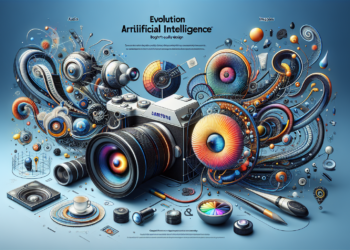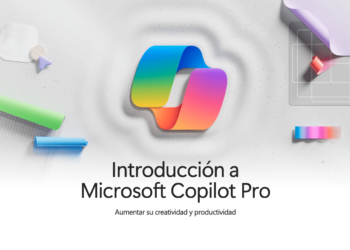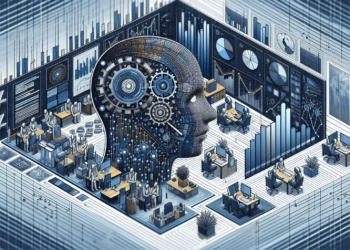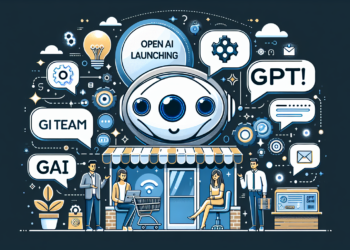In an unprecedented move, the European Union (EU) has established the world’s first Artificial Intelligence (AI) law. This achievement not only marks a milestone in technological legislation but also positions itself as a global model for balancing innovation, regulation, and human rights in the digital age.
Background and Legislative Development
The EU formally began addressing the need for specific regulations for AI in 2018. The process started with the creation of ethical guidelines and a white paper on AI, laying the groundwork for a future legislative framework. In 2021, the European Commission formally proposed a law, which, after intense negotiations and adjustments, resulted in an agreement in December 2023. This law is the outcome of a collaborative effort between member states and the European Parliament, highlighting a participatory and multidisciplinary approach in shaping technology policies.
Key Aspects of the Law
The EU AI law stands out for several innovative and pioneering features:
- Risk Scale: Introduces a classification system based on the level of risk represented by each AI technology. This approach allows for differentiated regulation, adapting to the diversity and complexity of the current technological landscape.
- Regulation of Emerging Technologies: Includes specific provisions for technologies such as ChatGPT and biometric identification systems. This detailed approach reflects the EU’s awareness of the unique challenges and opportunities these technologies present.
- Specific Prohibitions: The law sets clear boundaries, prohibiting practices such as the use of emotion recognition systems in work and educational environments, as well as the mass collection of biometric data without consent.
Global Implications and Challenges
The EU’s legislation has significant global implications:
- Establishing a Precedent: The EU positions itself as a leader in AI regulation, offering a framework that other nations and economic blocs may consider as a benchmark.
- Balance between Innovation and Regulation: The law aims to harmonize rapid technological progress with the protection of fundamental rights and public safety, a challenge that is increasingly relevant in the digital age.
- Challenges of Implementation: The effective implementation of this law will require coordinated effort among member states, as well as ongoing vigilance to adapt to emerging technologies.
While the EU has taken a decisive step with this law, many details remain to be unveiled regarding its implementation and specific scope. The key points of this legislation, crucial for understanding its real impact, are pending further exploration. There is widespread expectation that this legal framework will achieve a fair balance between safeguarding individual rights and freedoms and promoting technological advancements. The international community, technology experts, and human rights advocates are eagerly awaiting how this law will be translated into concrete practices reflecting this desired balance, marking a path towards a future where technology advances hand in hand with respect for human dignity and rights.






















